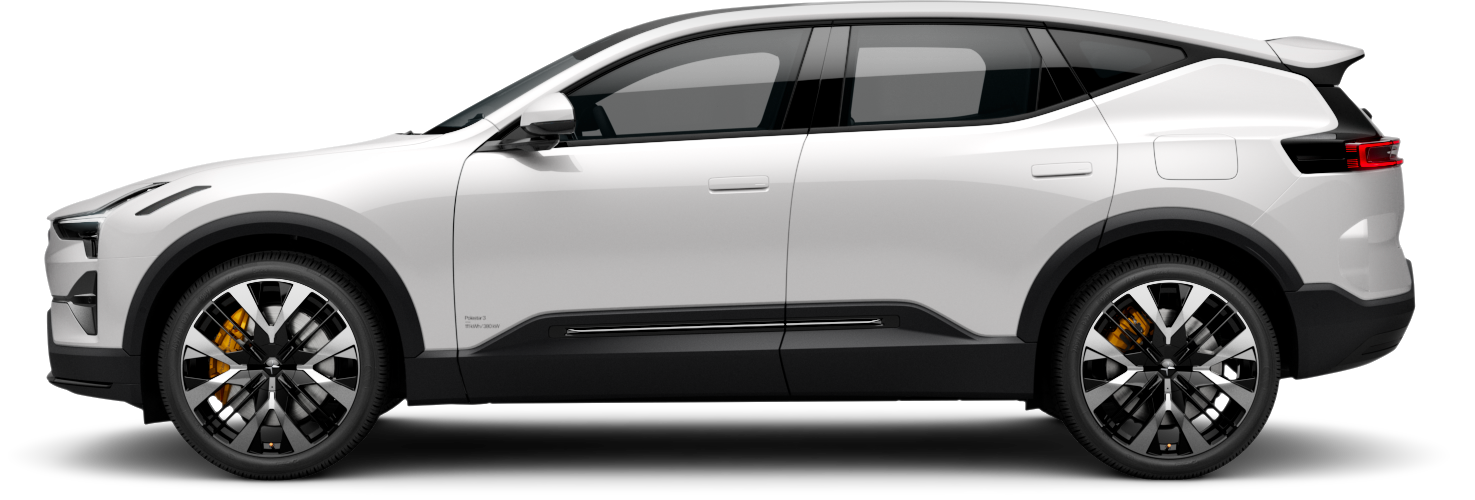We’re working to improve the efficiency of our batteries, while taking action to address environmental, social, and human rights issues.
We’re working to improve the efficiency of our batteries, while taking action to address environmental, social, and human rights issues.
With each upgrade to our batteries, we aim to improve cell chemistry and power efficiency. Focus areas include longer ranges and faster charging times. We continuously push our suppliers to reduce the carbon footprint of the battery modules they supply.
The conditions surrounding the extraction and refining of minerals can be both hazardous and exploitative. We’re working to mitigate the associated risks by setting strict standards for our suppliers and improving supply chain transparency.
In addition to lowering supply chain carbon emissions and extending batteries’ lifespans, we're also working to minimise the extraction of raw minerals and materials, instead using materials, such as aluminium parts, that have been recycled where possible.
We’re continuously exploring ways to improve sustainability and circularity at every stage of the battery life cycle.
From design to production and across the wider ecosystem, there are various areas in which further sustainability gains are feasible.
From design to production and across the wider ecosystem, there are various areas in which further sustainability gains are feasible.
Lithium-ion batteries are currently state-of-the-art power sources for EVs. We’re actively investigating new technologies that can improve efficiency and deliver more power with a lower CO2 footprint. Solid state batteries, for example, have the potential to deliver significant advances in sustainability and performance.
Stena Recycling’s 2022 baseline study on Polestar 2 highlights some of the challenges for the end-of-life management of our cars. The study identifies a clear opportunity to improve battery circularity by packaging electronics in ways that are easily accessed and dismantled, while using plastic materials with fewer fillers and additives to support recycle-stage sorting.
A major source of EV emissions is the electricity supply used to charge batteries every day. Renewable energy sources are predicted to make up a majority of the growth in the global electric charging grid by 2025, which should in-turn produce a steady decline in per-vehicle CO2 emissions.
In late 2022, the EU reached an agreement on a new cradle-to-grave regulatory framework for batteries. One key element is the creation of a digital passport for batteries, containing an electronic record with information on the battery’s entire lifecycle. We’re preparing to ensure compliance with the directive and the battery passport.
More sustainability initiatives
Polestar 0 project
We’re on a mission to create a climate-neutral production car, by eliminating all supply chain, manufacturing and end-of-life emissions.
Read moreMaterials
We’re tracing more materials, and using more recycled materials and post-consumer waste to reduce our impact.
Read moreResponsible sourcing
How we use tools, audits and partner collaborations to address sourcing challenges across the supply chain.
Read more



